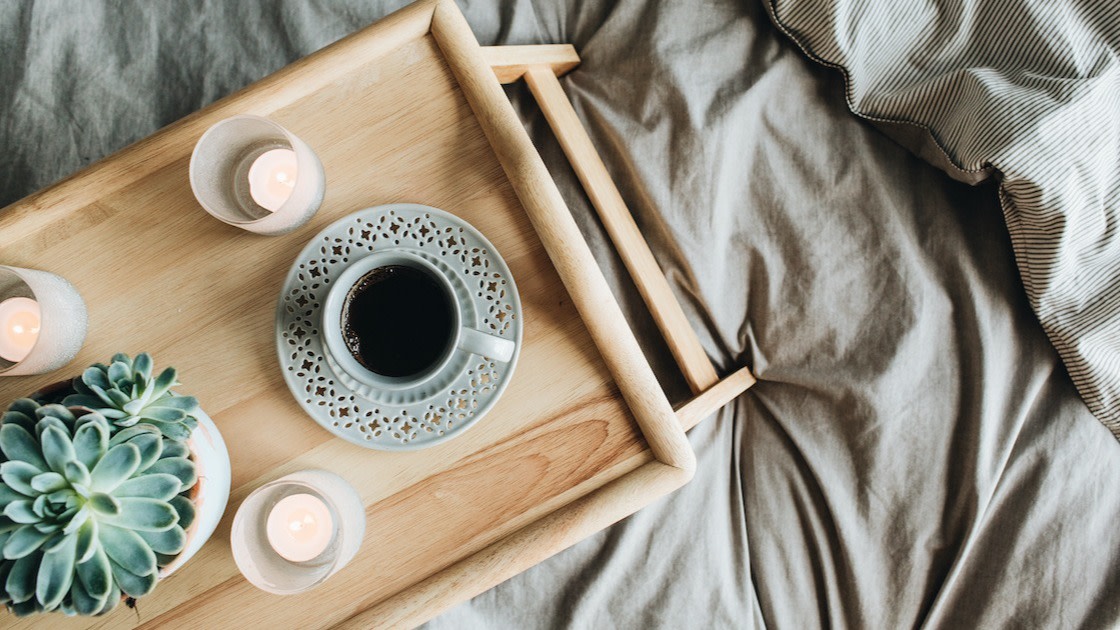Night Owls vs. Early Birds: Explore the Different Chronotypes
Written by MasterClass
Last updated: Jun 7, 2021 • 4 min read
Our sleep patterns and how we function during the day and night are determined by our chronotypes—whether we are hardwired to be “early birds” or “night owls.” Identifying your chronotype can help you establish the most suitable schedule for living your best life.
Learn From the Best
What Is a Night Owl?
A night owl is a chronotype associated with individuals who are most productive during the evening. Chronotypes are behavioral templates determined by a person's internal clock and circadian rhythms. All humans exhibit a sleep-wake cycle, and most show a diurnal preference (waking during daylight and sleeping at night), but research shows that different people function best at various times of the day. Night owls thrive after dark and may struggle to wake at sunrise, requiring multiple alarms. This chronotype is typically more creative in the afternoon and evening. According to researchers, while a third of the population doesn’t have a strongly defined chronotype, 30 percent are ascribed night owls.
5 Characteristics of a Night Owl
Here are the most common characteristics associated with night owls:
- 1. More creative. According to recent studies, night owls may have more mental stamina than early birds. Adolescents and teens who self-reported later sleep schedules were more intelligent and creative, on average than those who went to bed early. The study of 20,000 participants in the U.K. accounted for many variables, including ethnicity, education, and religion.
- 2. Second wind at night. If you’re a late-to-bed, late-to-rise type, you can stay alert later, and hit your peak performance time closer to the evening time, which can be beneficial in certain lines of work. Learn more about maximizing peak performance hours.
- 3. Difficulty working standard hours. Evening types who get to bed at three in the morning may find it difficult to thrive at a corporate job that requires standard working hours.
- 4. Higher risk of health issues. The discrepancy between chronotype and modern working hours is so prevalent that it has a dedicated term: social jet lag. When evening people have to work against their body clock to conform to morning lark hours for work, they tend to pick up unhealthy habits. Thus, night owls are at higher risk for health issues, like obesity, diabetes, and heart disease, and addictive behaviors.
- 5. Sleep issues. A 2010 survey of nearly 4,000 people in Canada found that self-identified night owls were more likely to have vivid, severe nightmares, independent of age and sleep duration. Once essential to the species, this type of chronotype variation can now be a liability—and a leading cause for chronic sleep deprivation.
What Is an Early Bird?
An early bird, sometimes referred to as a “morning lark,” is a chronotype associated with a morning person who wakes from sleep ready to seize the day. Some morning types may be classically diurnal, waking around sunrise and achieving maximum work capacity between late morning and early evening; others wake even earlier and crash in the early afternoon. While there are many advantages and disadvantages to both sleep patterns, research slightly favors the sleeping pattern of early birds, which is associated with a lower risk of health issues than night owl chronotypes.
5 Characteristics of Early Birds
Around 40 percent of the population are physiologically primed to be early birds. Here is a breakdown of the most common characteristics of the chronotype:
- 1. More active during the day. Researchers at the University of Oulu in Finland tracked 6,000 middle-aged participants for two weeks and found that early risers experience 20 to 30 minutes more significant movement throughout the day than early birds. More activity and exercise is better for your health and can also help you get better sleep at night.
- 2. Punctual. According to a small 300-person study at the University of Education in Heidelberg, Germany, students who identify as early birds tend to arrive earlier to morning lectures.
- 3. Thrive in corporate environments. Early birds aren’t necessarily more successful, but they’re certainly better equipped to handle traditional working hours for office environments, where operating well in the early morning hours is an asset.
- 4. Lower risk of health issues. A 2019 study published in Nature Communications assessed the sleep styles of 250,000 Americans via wrist-worn activity trackers. The results suggest that a genetic predisposition to waking early may be associated with a lower risk of mental health issues, like schizophrenia and depression.
- 5. Experience more daytime fatigue. While being an early bird has many advantages, some early risers experience more daytime fatigue than night owls and may find that they lose energy earlier in the evening. Learn about curbing excessive daytime sleepiness in our complete guide.
Want to Learn More About Catching Those Elusive Zs?
Saw some of the best darn logs of your life with a MasterClass Annual Membership and exclusive instructional videos from Dr. Matthew Walker, the author of Why We Sleep and the founder-director of the Center for Human Sleep Science at the University of California, Berkeley. Between Matthew’s tips for optimal snoozing and info on discovering your body’s ideal rhythms, you’ll be sleeping more deeply in no time.
